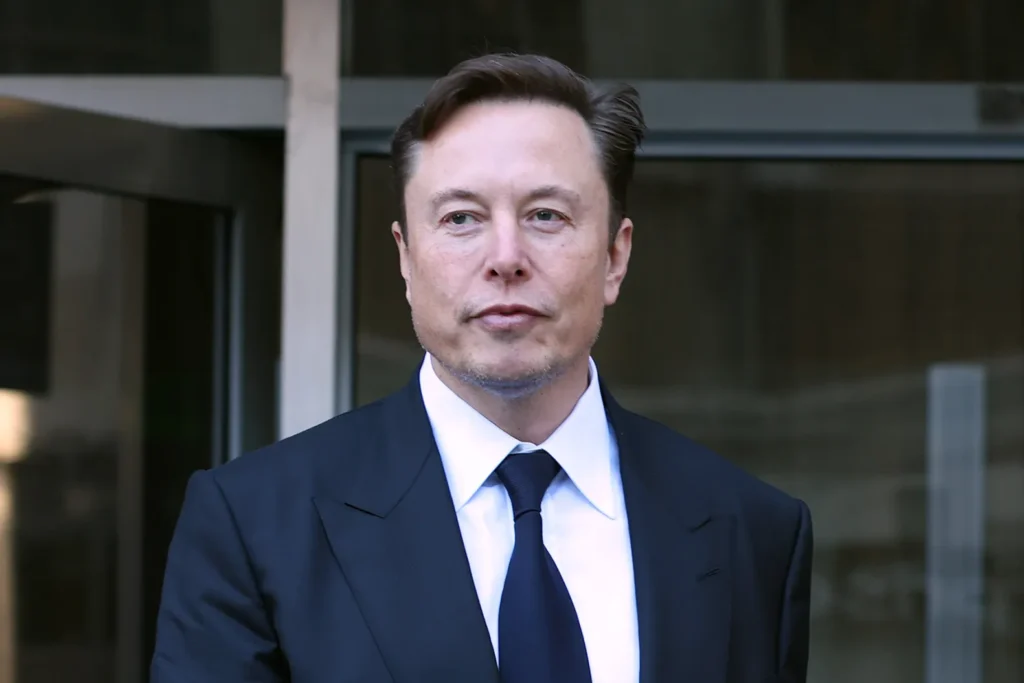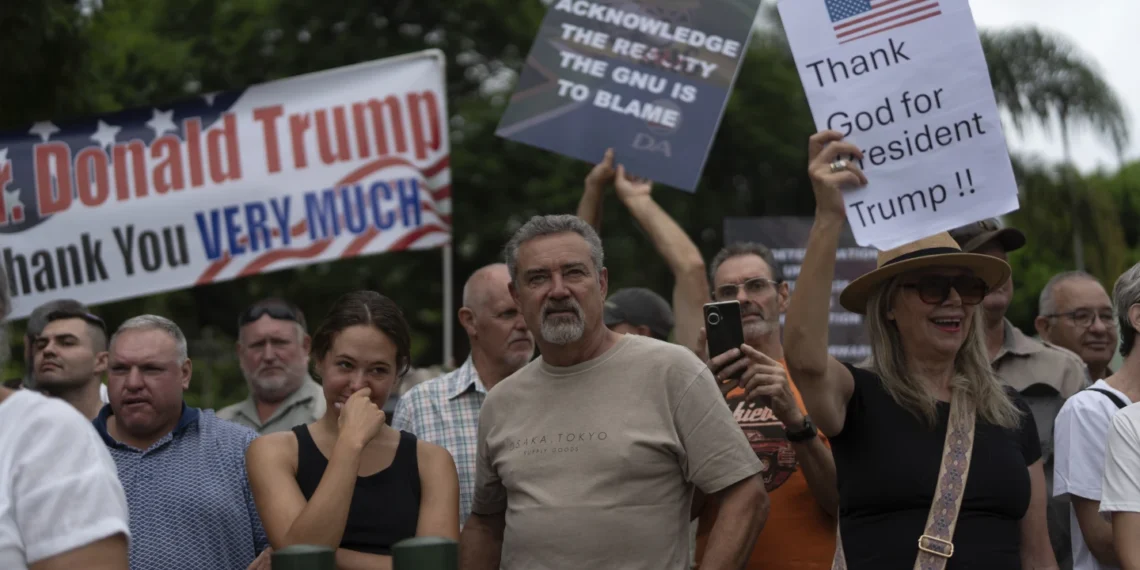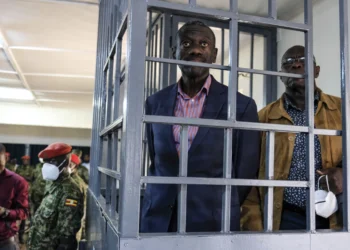Hundreds of white South Africans gathered outside the U.S. Embassy in Pretoria to show support for U.S. President Donald Trump, claiming they are victims of discrimination under their government’s policies.
The demonstrators, primarily from the Afrikaner community, held placards reading “Thank God for President Trump” and other messages denouncing what they believe to be racially biased legislation.
The protest followed Trump’s recent executive order, which cut aid to the Black-led South African government, citing concerns that Afrikaners — descendants of Dutch colonial settlers—were being unfairly targeted by new land expropriation laws. The controversial order referred to them as “racially disfavored landowners.”
In addition, Trump announced plans to grant Afrikaners refugee status in the United States, further intensifying the debate over South Africa’s land policies.
The South African government, however, has strongly denied that the law is racially motivated. Officials insist that Trump’s claims are misleading, emphasizing that no land has been taken from white landowners under the policy. The government maintains that the legislation is designed to address deep-rooted inequalities in land ownership that persist from the country’s colonial and apartheid past.
Land Policy Sparks Fierce Debate
In a speech to Parliament, South African President Cyril Ramaphosa defended the law, arguing that it seeks to redress historical injustices without violating property rights. “The people of this country know the pain of forced removals,” he said, referencing the millions of Black South Africans who were dispossessed under apartheid and earlier colonial rule. He assured that land redistribution would only take place in the public interest and would not involve arbitrary seizures.
The land reform issue has long been a contentious topic in South Africa. Despite making up just 7% of the population, white South Africans continue to own the vast majority of the country’s farmland. The government contends that the law is a necessary step toward correcting this imbalance. However, critics—including many white South Africans—view it as discriminatory and economically risky.
Beyond land expropriation, demonstrators on Saturday also voiced frustration with affirmative action policies implemented since the fall of apartheid in 1994. These policies, collectively known as Black Economic Empowerment (BEE), were designed to create opportunities for the historically disadvantaged Black majority but have been a source of resentment for some within the white community.
Adding to the debate, tech billionaire Elon Musk — born and raised in South Africa — has been a vocal critic of the country’s policies. Musk has previously accused the government of being “anti-white,” though some question his motives. His satellite internet company, Starlink, was recently denied a license in South Africa for failing to meet affirmative action criteria, further fueling tensions.

While racial dynamics continue to shape South African politics, the country has made significant strides in reconciliation since apartheid ended. The current government is a coalition of both Black-led and white-led parties, striving to balance economic redress with national unity. Still, protests like Saturday’s reflect the deep divisions that remain over race and policy in the nation’s evolving democracy.
READ ALSO: Government Urged to Remove Mental Ill Individuals from Streets





















